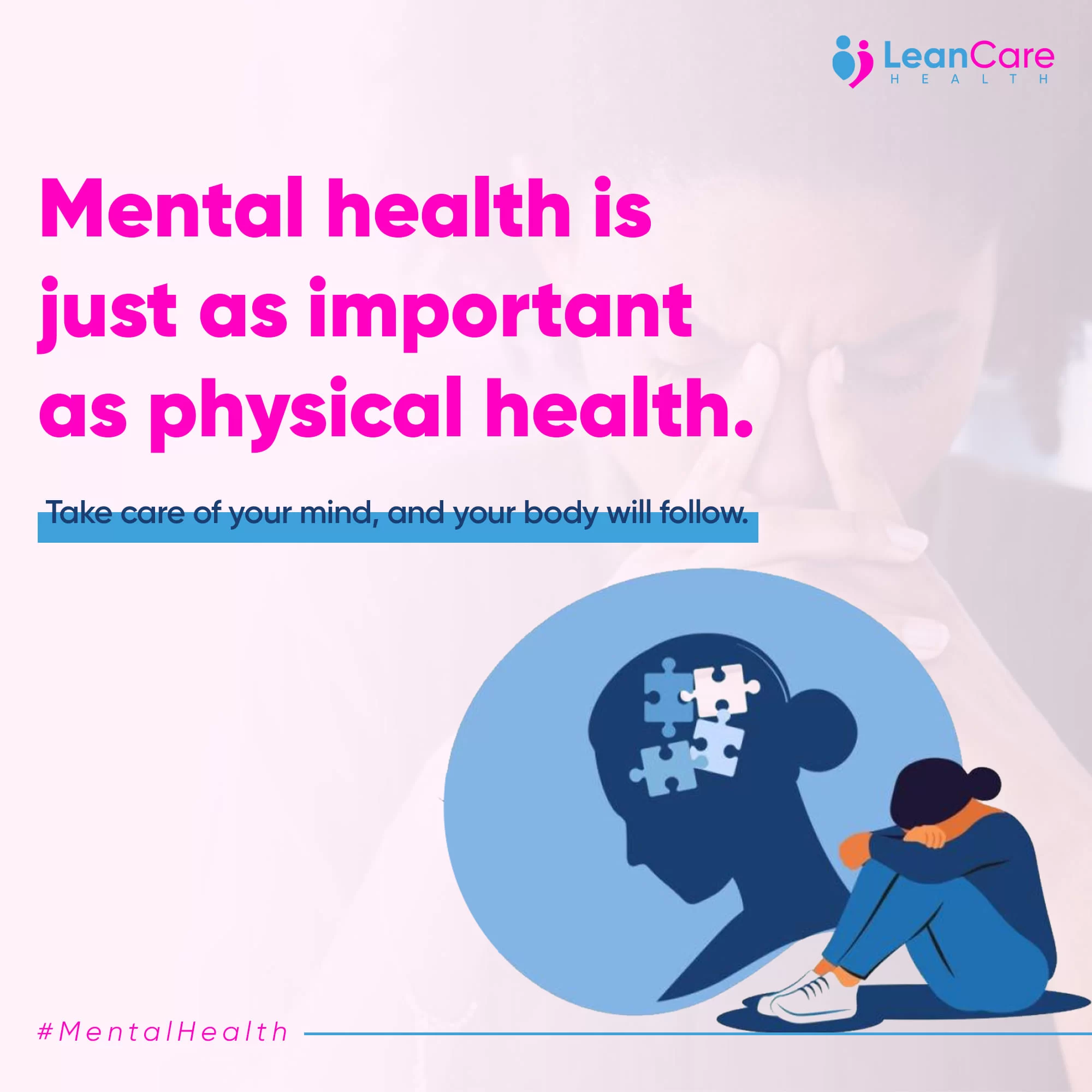I was frightened when my recent blood test results showed that my high cholesterol levels were exceeding the normal limits. My doctor told me that having a lot of cholesterol in your blood can lead to heart disease and stroke, and this got me thinking about how it will affect my health. I realized I needed to do much better as far as improving my cholesterol levels was concerned.
While I was there, the doctor explained how high cholesterol leads to plaque building up in the arteries resulting in atherosclerosis. This may result in reduced blood flow as well as an increased risk of cardiovascular events. We created a customized plan which comprised dietary modifications, increased physical activity and medications to regulate my cholesterol levels. This newfound comprehension gave me the drive to opt for healthier choices and take action towards better cardiac health.
Types Of Cholesterol
Cholesterol is a fatty matter present in your bloodstream used for cell formation and some hormone production though excess of it causes health problems. There are two types of cholesterol:
- Low-Density Lipoprotein (LDL) Cholesterol: Popularly known as “bad” cholesterol; when there is too much of the LDL type; one could be exposed to an accumulation of plaque within arteries leading to heart attack or stroke.
- High-Density Lipoprotein (HDL) Cholesterol: Referred to as “good” because HDL helps remove surplus amounts of cholesterol from our bodies by transporting them via liver excretion.
Causes and Risk Factors
Both genetic and lifestyle factors contribute significantly towards high cholesterol among individuals. Some risk factors include:
- Diet: Saturated fat intake promotes higher LDL cholesterol levels.
- Physical Inactivity: A sedentary life leads to increased weight gain hence elevated LDL cholesterol levels.
- Smoking: Smoking destroys blood vessels thus reducing HDL cholesterol concentrations.
- Hereditary Factors: Familial hypercholesterolemia is a genetic condition that causes high cholesterol levels.
- Age and Sex: Older people and women in menopause experience changes in cholesterol levels.
Managing High Cholesterol
Lifestyle changes and medicines are necessary to control high cholesterol. The main approaches include:
- Diet: Adapt a diet which will improve your heart health by eating more fruits, vegetables, whole grains and lean proteins. Minimize saturated fats, trans-fats, and cholesterol.
- Exercise: Engage in physical activities such as brisk walking, jogging or cycling because they reduce LDL and increase HDL cholesterol.
- Medication: Some of the drugs prescribed by doctors could be like statins which help to lower LDL cholesterol levels if lifestyle alterations fail to fully rectify the situation.
Monitoring & Long-Term Management
Regular cholesterol check-ups for managing and reducing cardiovascular risk are very important. LeanCare Health Clinic recommends you undergo periodic blood tests to check your cholesterol level and assess how effective your treatment plan has been. Adhering to what has been given to you and changing one’s lifestyle can drastically enhance one’s cholesterol state with reduced chances of developing heart disease.
